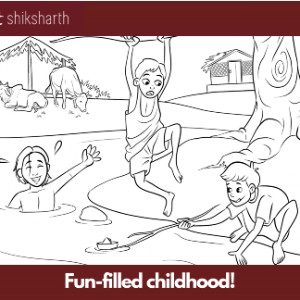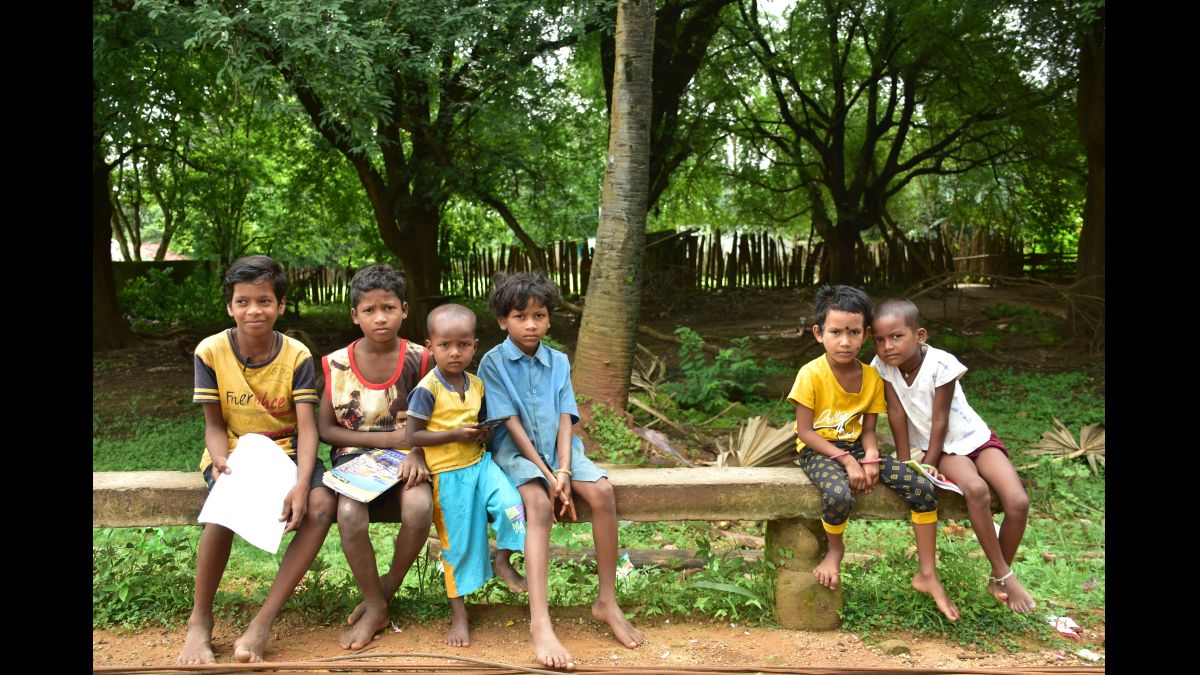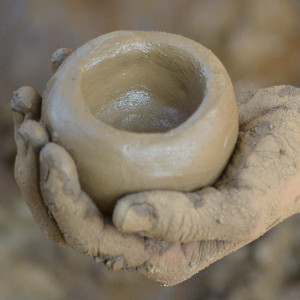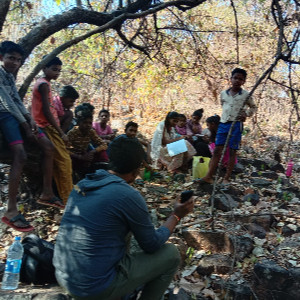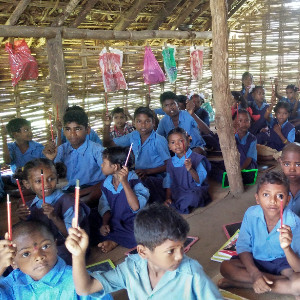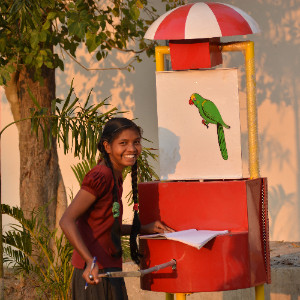
Shiksharth
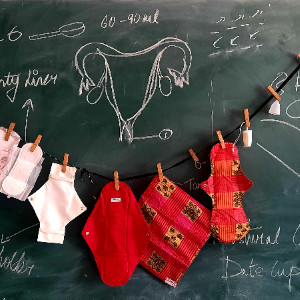
Safe menstrual hygiene for girls and women in adivasi communities
₹ 250
tax benefit: 50%
Contribute to creation of Period Positive Spaces for the deprived adolescent girls of Sukma!
Menstrual Hygiene has been an unmet and burning public health issue especially in the tribal areas.
Out of 200 million adult menstruators in India, 52% of women in rural areas are ignorant of safe menstrual hygiene practices which have detrimental effects on education and health outcomes for adolescent menstruators and adult menstruators.
Shiksharth works in the district of Sukma & Bastar Region for creating period positive spaces in the tribal communities for the young adolescent girls and helps spread awareness to perpetuates the age-old stigma around menstruation and menstruators directly affects female health, rights, mobility and equity.
Health related issues are consulted with Vadde (community healer ) due to lack of accessibility and affordability (females are not allowed to see or touch anyone during their periods), disposable sanitary pads are washed after uses as period blood is treated impure, Old used household cloths are used as absorbents, water bodies are used for disposal of used materials.
Simultaneously over a period of 7 years of educational intervention in girls’ schools, we have witnessed poor or no intervention on MHM affecting the overall learning journey of the young girls. Let’s know about one such story from tribal community!
The Unheard voice of Sushmita’s Menarche
Sushmita (pseudonym) could make a connection with many of her friends once she got her first periods. Before menarche she used to see her friends talking about periods, but lacked proper knowledge of the same. When she got her first period, she went to a friend’s house secretly from the back door and asked them about what can be done about it in that situation.
Her friend talked to the neighbouring sister-in-law and she suggested Sushmita to go and hide inside the tree which is in the neighbouring jungle. Meanwhile the parents and the caretakers were searching for her and turned so anxious since they couldn’t find her. When the mother arrived, she spoke to the neighbour and got to know from them about where the girl was hiding. The parents brought the girl back home.
For four days, she was to stay in a separate room where her mother used to sleep with her at night. After four days, once her periods stopped only then, she washed her body completely and left behind all impurities (as explained by her mother) and then entered the house.
There are many girls like Sushmita who lacks basic awareness, support, basic knowledge on health, hygiene and sanitation and not only the girls but the society around them are ignorant and made it a social stigma.
Your contribution can help many girls like Sushmita. Your support will help us with workshops, nurturing MHM Champions, providing sustainable options, learning and communication material in over 20 residential schools of Sukma reaching to over 3000 girls.
Safe menstrual hygiene for girls and women in adivasi communities
Contribute to creation of Period Positive Spaces for the deprived adolescent girls of Sukma!
Menstrual Hygiene has been an unmet and burning public health issue especially in the tribal areas.
Out of 200 million adult menstruators in India, 52% of women in rural areas are ignorant of safe menstrual hygiene practices which have detrimental effects on education and health outcomes for adolescent menstruators and adult menstruators.
Shiksharth works in the district of Sukma & Bastar Region for creating period positive spaces in the tribal communities for the young adolescent girls and helps spread awareness to perpetuates the age-old stigma around menstruation and menstruators directly affects female health, rights, mobility and equity.
Health related issues are consulted with Vadde (community healer ) due to lack of accessibility and affordability (females are not allowed to see or touch anyone during their periods), disposable sanitary pads are washed after uses as period blood is treated impure, Old used household cloths are used as absorbents, water bodies are used for disposal of used materials.
Simultaneously over a period of 7 years of educational intervention in girls’ schools, we have witnessed poor or no intervention on MHM affecting the overall learning journey of the young girls. Let’s know about one such story from tribal community!
The Unheard voice of Sushmita’s Menarche
Sushmita (pseudonym) could make a connection with many of her friends once she got her first periods. Before menarche she used to see her friends talking about periods, but lacked proper knowledge of the same. When she got her first period, she went to a friend’s house secretly from the back door and asked them about what can be done about it in that situation.
Her friend talked to the neighbouring sister-in-law and she suggested Sushmita to go and hide inside the tree which is in the neighbouring jungle. Meanwhile the parents and the caretakers were searching for her and turned so anxious since they couldn’t find her. When the mother arrived, she spoke to the neighbour and got to know from them about where the girl was hiding. The parents brought the girl back home.
For four days, she was to stay in a separate room where her mother used to sleep with her at night. After four days, once her periods stopped only then, she washed her body completely and left behind all impurities (as explained by her mother) and then entered the house.
There are many girls like Sushmita who lacks basic awareness, support, basic knowledge on health, hygiene and sanitation and not only the girls but the society around them are ignorant and made it a social stigma.
Your contribution can help many girls like Sushmita. Your support will help us with workshops, nurturing MHM Champions, providing sustainable options, learning and communication material in over 20 residential schools of Sukma reaching to over 3000 girls.

